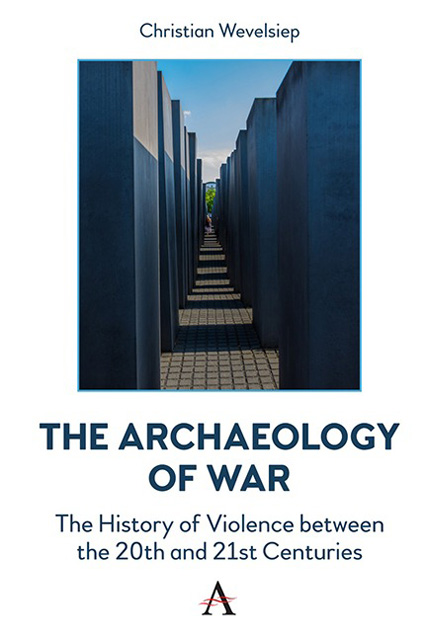Chapter One - War as ‘Becoming’: On the Ontology of Conflict
Published online by Cambridge University Press: 17 October 2023
Summary
Let us go back to the beginnings of metaphysics, to the world of Greek philosophy. From 535 to 475 BC, Heraclitus of Ephesus was active in Ionian Asia Minor. He was one of the first thinkers to pose radical philosophical questions that point to the metaphysical reasons for being and war. Here, war and existence are brought into an equally primordial context – a thesis that has occupied thought in many variants right up to modern times.
If you look into the depths of European intellectual history, you realise what role war has played for the respective culture. For Heraclitus, the phenomenon of war was a manifestation of the ‘polemos’ at the roots of Western thought. Heraclitus traced its inexorability and called it the father of all things. In early Greek thought, war was not a phenomenon to be limited morally or politically. The moral grandeur that we ascribe to the condemnation of war today was absent in early ancient thought; at that time, it was more about the concern for an underlying cosmological harmony (Heraclitus, 2007).
A culture can only develop to its full potential when it takes a closer look at the dark source of energy. Accordingly, war reveals a higher power – a conception of war that modern thinking is alienated from. War would thus be the consummation of life itself, an expression of a deeply disturbing idea.
In European thought, as is well known, other ideas about war have developed. War is not a biological dynamic, but a phenomenon that must be controlled and contained. Even Plato, Cicero and Augustine were always concerned with the moment of limiting a war through divine instruction; they hoped for a deeper insight into the justice of a community.
As is well known, it took centuries to overcome bellicose thoughts. The furore of wars had devastated the world again and again; the claim to divine justice expressed in warlike conflict had scorched the earth and eroded human morality. This alienation that stemmed from war was to be overcome; total destruction was to be avoided and the moral claim to ultimate victory to be withdrawn. Only now, in the thinking of the early modern era in Grotius, Spinoza or in Kant, was war considered in terms of its legal foundation (Stadler, 2009).
- Type
- Chapter
- Information
- The Archaeology of WarThe History of Violence between the 20th and 21st Centuries, pp. 3 - 24Publisher: Anthem PressPrint publication year: 2023

